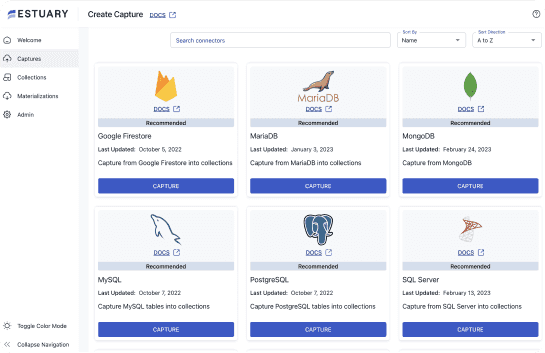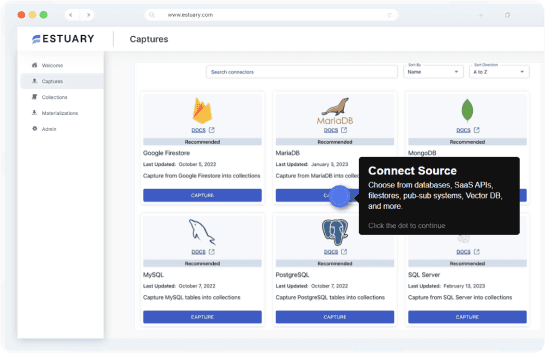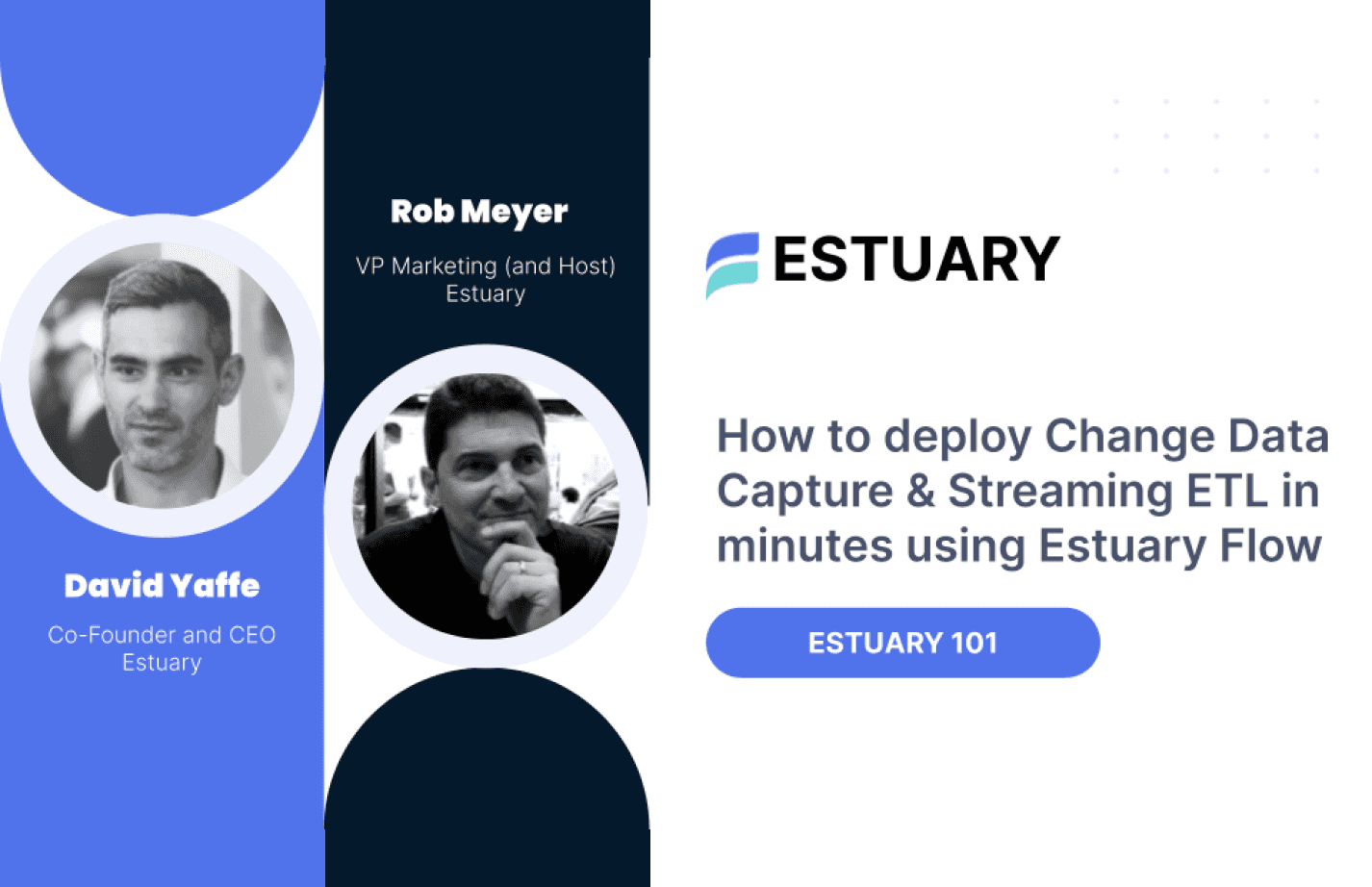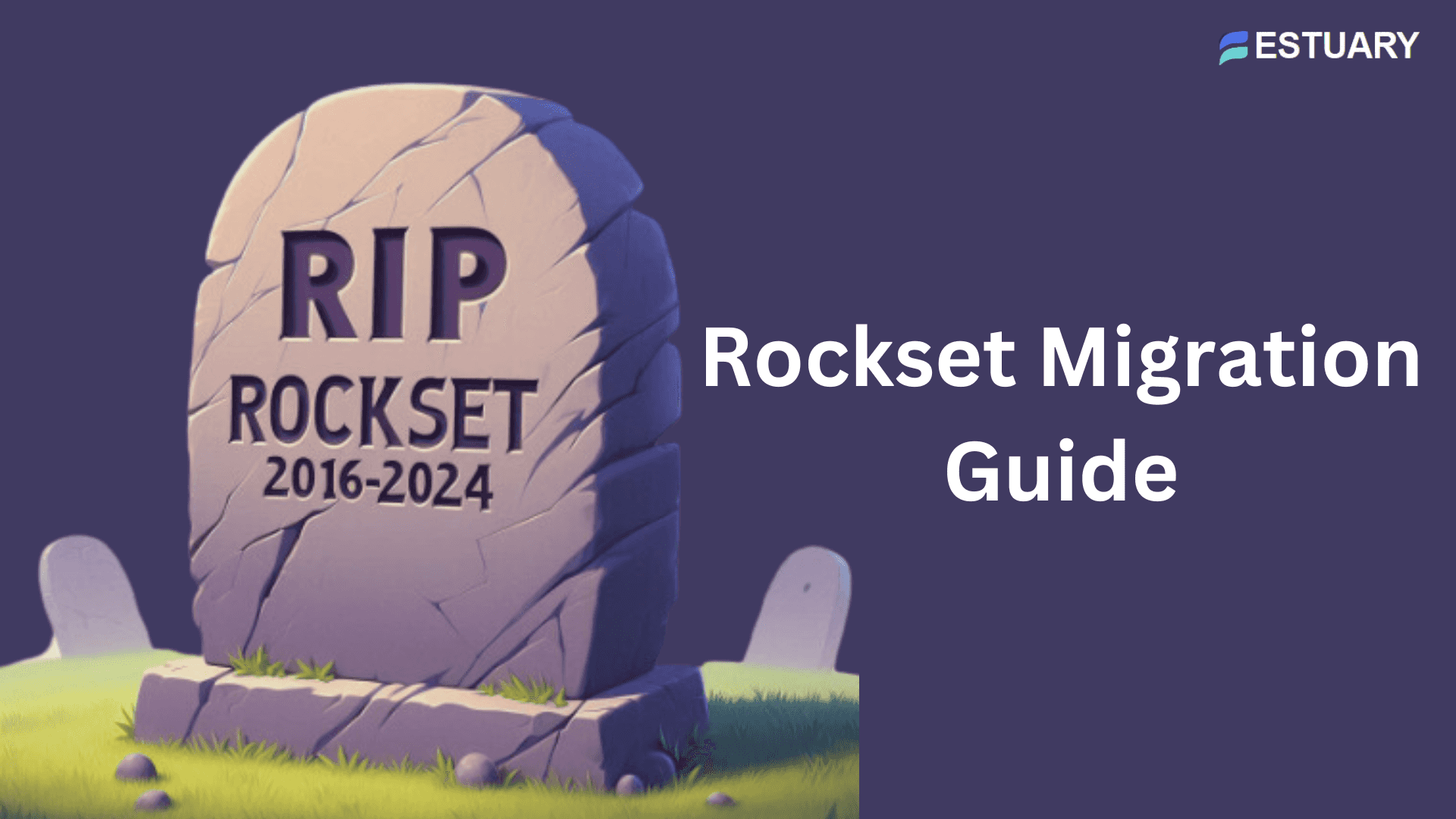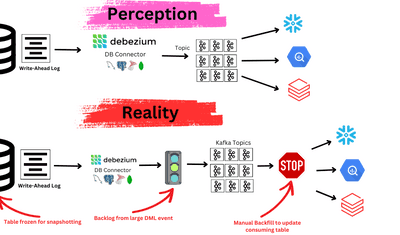
The sudden demise of Rockset sent shockwaves through the real-time analytics world. While it may seem like an isolated event, it's actually a stark reminder of the inherent instability in this market.
AI vendors, hungry for fast SQL engines to power their analytics ambitions, are snapping up promising startups, leaving their customers scrambling. This is actually what OpenAI did, which means if you’re using Rockset you now need to figure out your Rockset alternatives, implement your Rockset migration fast, and figure out how to be ready for future change..
If your business relies on real-time analytics, it's crucial to prepare for future shakeups. The question isn't if more change will come, but when.
The Rockset Migration Challenge
Migrating away from Rockset might seem straightforward: export your old data, rebuild your pipeline with a new database, and merge everything together. Merging is not that simple. Choosing the right alternative for your specific use case is much harder.
ClickHouse/Tinybird, Druid/Imply, DuckDB/Motherduck, Firebolt, Materialize, Pinot/Startree, SingleStore, and RisingWave are all contenders, each with its own strengths and weaknesses. But even the best database is useless if your data pipeline can't keep up with the data or your constantly changing analytics needs.
Building a Data Pipeline for Change (and a Smooth Rockset Migration)
Most real-time analytics databases rely on denormalized tables with column indexes for speed. This setup is great when you know what you’re looking for. But analytics are never that easy. There are always new issues that require new analytics and schema changes. If you designed your schema the right way and are lucky, you can get away with adding columns, for a while. But eventually you need to delete columns or make bigger changes. You might be able to automate some changes. But in general, adding, modifying, or deleting columns can lead to manual backfills, full reloads, even major data pipeline changes. This is also a major pain point during a Rockset migration.
To future-proof your analytics (and make future migrations less painful), build a pipeline that embraces change:
- Save Your Source Data: This gives you a safety net when schema changes occur, making it easy to reprocess and backfill data without starting from scratch. This is particularly valuable when migrating from Rockset, as you'll have a reliable source of truth.
- Embrace Schema Evolution: Look for ETL tools or platforms that support schema evolution capabilities and automation so that you can automatically adapt your destination schema as your source schema changes. This eliminates the need for manual intervention and minimizes downtime, ensuring a smooth data integration process during your Rockset migration and more importantly after the migration with your new data pipeline, database, and analytics..
- Support Multiple Destinations: Run multiple replacement options side-by-side to compare performance, experiment with new technologies, or even prepare for a quick switch if your current vendor gets acquired. This gives you more flexibility and options than you probably have with Rockset today.
The Main Rockset Alternatives
With Rockset out of the picture, what are your options for maintaining (or even improving) your real-time analytics capabilities? Here's a deeper look at some of the top contenders:
- ClickHouse: Renowned for its speed and ability to handle massive datasets, ClickHouse excels at complex queries and aggregations. Consider this if you're dealing with high volumes of data and need lightning-fast insights. There are other vendors who manage ClickHouse beyond ClickHouse, such as Tinybird. If you’re considering ClickHouse, it also makes sense to compare its most similar alternatives, Druid/Imply and Pinot/StarTree.
- Druid/Imply: Druid is purpose-built for real-time ingestion and analysis of event data, making it a strong choice for use cases like user behavior tracking and anomaly detection. Imply offers an intuitive UI layer on top of Druid for easier management and visualization.
- DuckDB/Motherduck: DuckDB is a fast, in-process analytics database that's gaining popularity in the data science community. Motherduck provides a serverless cloud DuckDB service that simplifies deployment and scaling.
- Firebolt: Built on a cloud-native architecture, Firebolt is designed for speed and scalability. It's a good option for organizations that want to leverage the cloud for their real-time analytics needs.
- Materialize: This streaming SQL database allows you to define materialized views that are continuously updated as new data arrives. This is a powerful way to deliver real-time insights without the complexity of managing multiple data pipelines.
- Pinot/StarTree: Pinot is optimized for low-latency analytics on large datasets. Startree offers a managed service based on Pinot, simplifying the operational overhead.
- RisingWave: A rising star in the real-time analytics space, RisingWave is a cloud-native streaming database that can handle both historical and real-time data. Its SQL interface and compatibility with various data sources make it a versatile option.
- SingleStore: formerly known as MemSQL, SingleStore is a hybrid transactional analytical database (HTAP). It has the performance needed to support sub-second analytics along with advanced join capabilities. If you have high write and analytics requirements, and also need a data model requiring a lot of joins, it’s a great option to consider.
Estuary Flow: The Change Catalyst for Rockset Migrations
"Our migration away from Rockset would’ve been 100x harder without the unique capabilities that Estuary provides. We’re materializing transformations from Snowflake, DynamoDB and MySQL to our warehouse in under a second. Estuary unlocks incremental materialization for any datastore while also providing a Kafka interface for all of our sources and derived collections. We now have an immense amount of flexibility to support any type of workload on our data platform."
Alexander Mays
Principal Engineer
Forward
Estuary Flow is designed for the ever-changing world of real-time analytics. With sub-100ms end-to-end latency at scale, Flow delivers the speed you need, even with complex transformations. Its schema evolution capabilities automatically handle new data and schema changes, ensuring your pipelines stay in sync with your evolving needs. This is crucial for a seamless migration from Rockset.
Former Rockset users on Estuary Flow were able to spin up replacement databases and run them alongside Rockset in minutes, not days. Full Kafka compatibility makes streaming data to ClickHouse/Tinybird, Druid/Imply, Pinot/Startree, Materialize, and RisingWave simple and fast.
Don't Get Rocked again: Take Control of Your Real-Time Analytics Future
The real-time analytics landscape is a minefield. Don't wait for the next acquisition or major change to start building a more resilient data strategy.
Are you ready ro replace Rockset? Need help? See how Estuary Flow can make your Rockset migration a breeze and future-proof your data pipeline.
💡Take the Next Step with Estuary Flow: The leading Real-Time CDC and ETL
Don't let the Rockset shakeup slow you down. Rely on Estuary’s experience with Rockset and migrations to choose the best alternative, migrate fast, and build a more resilient, future-proof data pipeline.
Here's how to get started:
- Have Questions? Get Answers Now:
Join our vibrant Slack community for real-time support: Join Estuary Slack Community
- See Estuary Flow in Action:
Ready to witness the power of seamless data migration, schema evolution, and Kafka compatibility? Schedule a personalized demo with our experts. Book a Demo
- Get started now:
Experience the Estuary Flow difference firsthand. Sign up for free and start building your next-generation real-time analytics pipeline today. Get Started for Free
We're here to support you every step of the way, whether you're migrating from Rockset or simply exploring ways to optimize your real-time analytics. Choose the path that's right for you, and let's transform your data together!
Guides to Load Data From DyanmoDB to Other Platform:

About the author
Rob has worked extensively in marketing and product marketing on database, data integration, API management, and application integration technologies at WS02, Firebolt, Imply, GridGain, Axway, Informatica, and TIBCO.
Popular Articles

